R.J. Cutler’s Wild 2024: From Elton John to Martha Stewart to Dodgers v. Yankees
By Steve Pond
December 3, 2024
R.J. Cutler had a busy 2024. He released two high-profile movies: “Martha,” which chips away at the steely façade of Martha Stewart, and “Elton John: Never Too Late,” which follows the rock star’s final tour while flashing back to his incendiary early career. And apparently, he’s not slowing down: He did this interview from New York on the morning of the fifth game of the World Series between the Dodgers and the Yankees, which he was filming for a documentary that’ll no doubt be out soon.
Both of these films could easily be two- or three-part doc series. Did you always envision them as standalone films?
Absolutely. If ever there’s a life story that deserves the big-screen treatment, it’s Martha Stewart’s. And that’s also what I envisioned from the beginning with Elton. In the years prior to meeting (codirector) David (Furnish), if you had asked me what my wish list was, at the top of the list would have been a film about the first five years of Elton John’s career. He put out 13 albums. Seven of them went to number one. He answered the question, “What happens after the Beatles?” He redefined what pop music was and where popular music was going. And he struggled with enormous personal demons and began the long journey to overcoming them by coming out to Rolling Stone magazine. That in and of itself felt like an extraordinary narrative.
How do you merge that approach with what Furnish was looking to do, a film about the final months of Elton’s last tour?
The metaphor I proposed to David when I first met him was that the final months of the tour would be the spine of the film and the first five years would be the nervous system wrapped around that spine. In that first meeting it was clear to us that we could envision the same film.
Was he able to set aside the fact that he’s also Elton’s husband?
He was. He recognized that I have a lot of experience as a filmmaker and let me take the lead. But he had incredible wisdom and perspective and an emotional barometer for truth. David very early on said to me that the central tone of this is a desperate yearning, and that is a truth about Elton’s entire life story. David was able to distance himself but also to access the kind of keen insights and wisdom that you could only get from knowing the subject as intimately as he does.
For Martha, what was what your relationship like? She’s a fascinating interview and she’s very open about some things, but she also clearly has lines she won’t cross. You’re not going to make her cry.
Well, I don’t know about making her cry. That’s not how I work. Here’s the thing about Martha: This is a life story filled with lots of triumph and a lot of trials and tribulations, a lot of highs and a lot of lows, a lot of success and a lot of falling from a very high perch. It’s a difficult story to tell, and that is what you feel in the film. There are places she doesn’t want to go, because as she says in the film, she’s not an introspective person.
She told me once that the only time she had ever gone to therapy was for one session. She spent 10 minutes in a session, got up and declared that the session was over. And on her way out the door, she said to the doctor, “Don’t bill me.” This is not a person who who’s prone to introspection or comfortable in it.
On the other hand, she was incredibly forthcoming with her archive, and as a result you get these revealing and intimate letters to her husband when it was clear their marriage was failing. (She gave us) her prison diaries and so much more. You get startling revelations of infidelity and rawness, and you experience how raw it is. And equally important is the fact that in literary terms, she’s an unreliable narrator. You look at the film and you’re like, “Whoa! Our unreliable narrator is telling her own story. Boom, we’re on to something.”
These days, that’s really one of the virtues of nonfiction filmmaking — to call out the unreliable narrators who surround us.
Yes, I agree. I’ve been saying this for 35 years: These are real movies. These are narratives with characters and themes and cinema. “Maestro” is a movie about a fascinating man that looks at certain aspects of his life and explores certain themes and relationships and different other characters in his orbit. It tells the story and is a piece of cinema. We feel the same way about a movie like “Martha” or a movie like “Never Too Late.”

